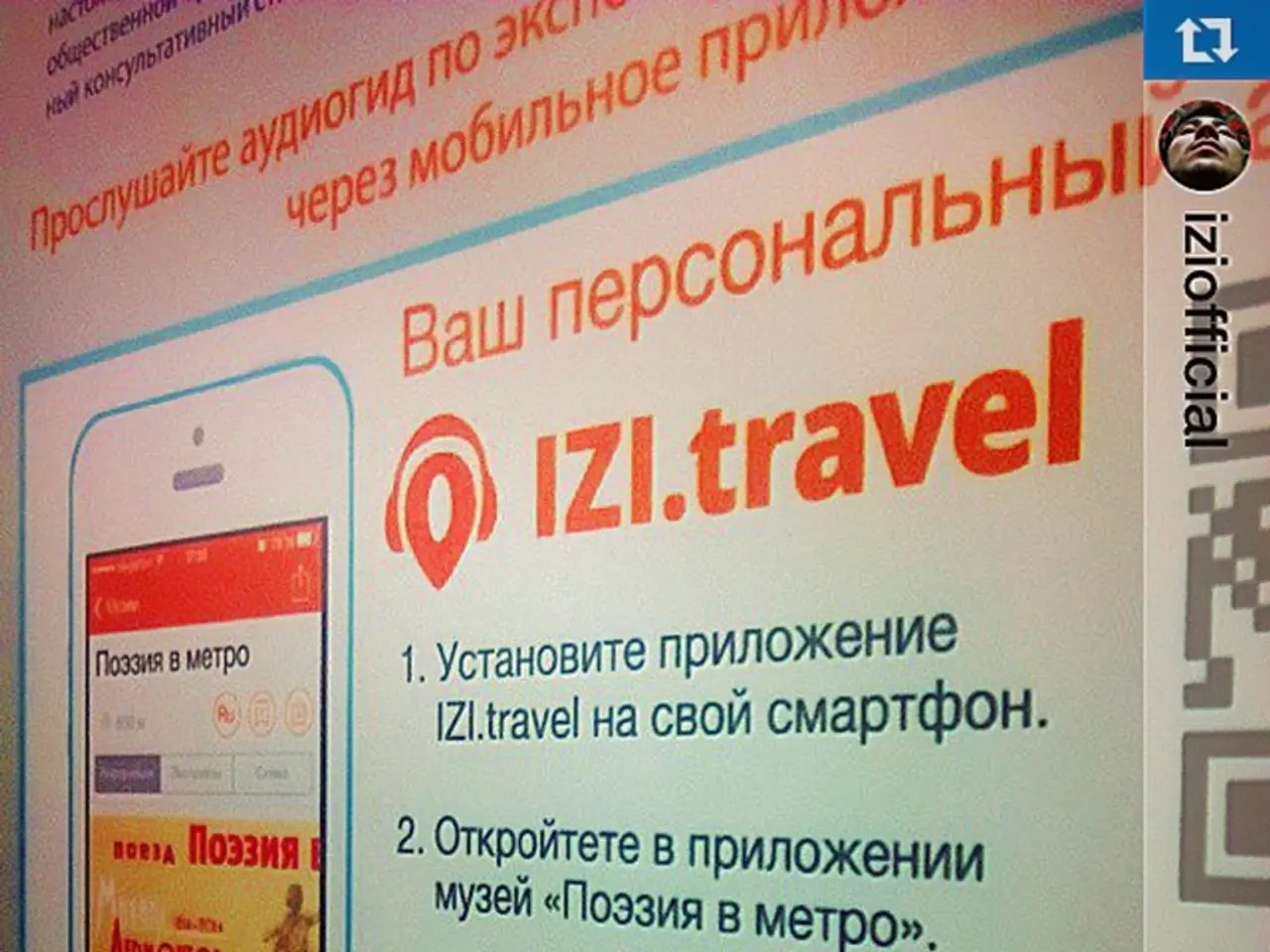Dominant trio in digital advertising increases overall control amidst rivalry from competing entities
In a significant shift in the digital advertising landscape, the triopoly of Amazon, Google, and Meta commanded an impressive 72% of US digital ad spending in 2025, up from 47.1% in 2020, according to EMARKETER's analysis published on July 29, 2025. This growth propelled digital advertising's share of total ad spend to 81.8%, a surge from 63.7% in 2020.
The triopoly's dominance is particularly noticeable in the search advertising sector. Google maintained an 87% market share in Q1 2025, a testament to its enduring dominance. However, the search giant faces unprecedented challenges from AI-powered search interfaces and changing consumer behavior patterns.
Meanwhile, Meta, the parent company of Facebook, has been making strides with its AI-driven advertising tools. The company reported measurable performance improvements, with automated systems delivering 22% boosts in return on ad spend. Meta has also invested heavily in artificial intelligence capabilities to maintain its competitive position against emerging social platforms.
Amazon, on the other hand, has emerged as the primary beneficiary within the triopoly, challenging the traditional duopoly structure. The e-commerce giant's advertising business transformed from a minor player to a major force, altering competitive dynamics between Google and Meta.
One factor contributing to this market evolution is the rapid adoption of retail media and connected television advertising. Retail media networks have expanded beyond traditional e-commerce platforms to include grocery stores, streaming services, and other consumer touchpoints. This growth has created new measurement challenges, as transparency reports from Google and Amazon attempt to address long-standing concerns about fee structures and revenue distribution.
In response to regulatory pressure, Amazon DSP introduced pricing transparency reports for EU compliance in April 2024. Meanwhile, the growth of retail media networks has opened up opportunities for newer platforms to capture digital advertising budget share. One such platform is TikTok, which has made significant strides in recent years.
However, the digital advertising market is not without its controversies. An upcoming book by a former Google executive exposes advertising market manipulation, while privacy-first advertising approaches are becoming competitive necessities rather than regulatory compliance measures.
In a bid to stay ahead, Meta announced billions in AI infrastructure investment for advertising automation in July 2025. As the digital advertising landscape continues to evolve, it remains to be seen how these players will navigate the challenges and opportunities that lie ahead.








